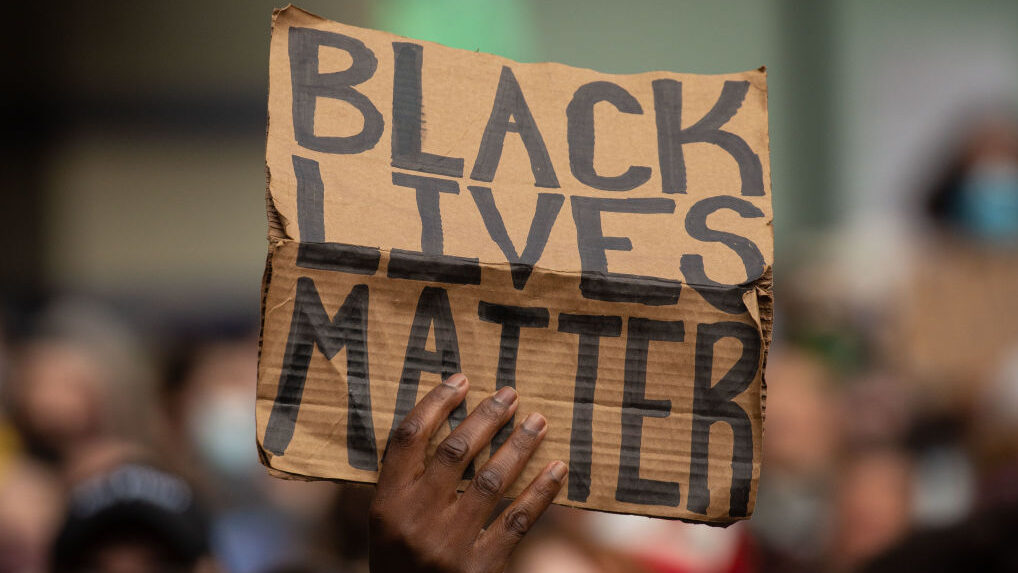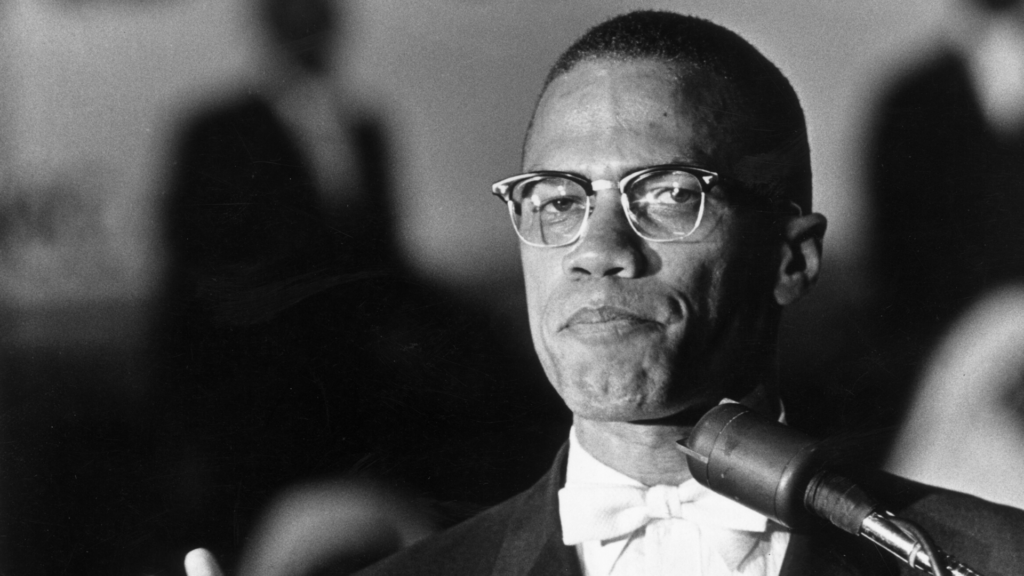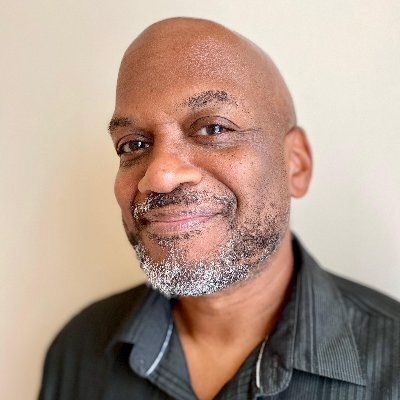UN visit to America reminds us that anti-Black racism is a human rights issue
OPINION: America always wanted to keep its Black people problem a domestic civil rights issue rather than an international human rights issue that opens up the “land of the free” to scrutiny.

The Biden administration has invited human rights and racism experts from the United Nations to come to the U.S. to investigate racism against Black people. And this is important. If anything positive has emerged from the past year — the murder of George Floyd, the racial reawakening in America and the Capitol Insurrection — it is the opportunity for America to finally grapple with its original sin of racism on a world stage.
America always wanted to keep its Black people problem a domestic civil rights issue rather than an international human rights issue that opens up the “land of the free” to scrutiny.
“Responsible nations must not shrink from scrutiny of their human rights record; rather, they should acknowledge it with the intent to improve,” Secretary of State Antony Blinken said in a statement.
“I urge all UN member states to join the United States in this effort, and confront the scourge of racism, racial discrimination, and xenophobia. Because when all people – regardless of their race or ethnicity – are free to live up to their full potential, our collective security is strengthened.”
This comes as the UN formed a panel of three experts to examine the roots of racism in policing across the globe. Michelle Bachelet, the U.N. High Commissioner for Human Rights, issued a report following the killing of George Floyd, urging countries to end systemic racism, discrimination and police brutality — and provide reparations. “I am calling on all states to stop denying — and start dismantling — racism; to end impunity and build trust; to listen to the voices of people of African descent; and to confront past legacies and deliver redress,” Bachelet said.
This latest move is important because of past efforts to bring America before the UN for its treatment of Black people. Not long after the formation of the UN, the NAACP presented the international body with a 98-page petition to investigate the condition of Black people in the U.S. Malcolm X had planned to take the case of Black Americans to the UN for America’s failure to protect Black people from white terrorism. He even sought the support of African nations to bring charges against the U.S. for “violating the human rights of 22 million African‐Americans.”
Malcolm said the plight of Black people in America is beyond the nation’s ability to solve. “It’s a human problem, not an America problem or a Negro problem, and as a human problem or world problem we feel that it should be taken out of the jurisdiction of the United States government and the United States courts and taken into the United Nations,” he said. “We believe that our problem is one not a violation of civil rights but a violation of human rights. Not only are we denied the right to be a citizen in the United States, we are denied the right to be a human being.”

Since its formation as a white settler colony based on genocide and forced labor, America never had a true accounting of its racist legacy — a legacy that inspired Nazi Germany and allowed the world to call out U.S. hypocrisy as the self-proclaimed beacon of human rights that fails to practice what it preaches. We cannot begin to dismantle systemic racism in policing, criminal justice and all facets of life until we reckon with our history of enslavement and the slave patrols, or Jim Crow segregation and lynching.
In 2020, Black Lives Matter forced a national and international examination of white supremacy. When white domestic terrorists stormed the U.S. Capitol in January, it was proof positive that America had created a monster it could no longer control, one that threatens to eat the nation whole. The image of white supremacist insurrectionists attacking the Capitol like Black Wall Stree t— with off-duty police officers, military and elected officials among the participants — carrying Confederate flags and pro-police flags while calling Black Capitol police officers the n-word points to a hot racial mess out of America’s control.
Along with a rising consciousness on racism in America, a white backlash threatens to erase all history and memory of racial injustice, and ban its teaching.
America has no moral jurisdiction to preach to anyone in the world on human rights. However, it has an opportunity to clean up its act with Black people before the whole world, if it chooses to be better and do far better than its centuries-long record plainly shows. This is why we should welcome the UN investigation.

David A. Love is a journalist and commentator who writes investigative stories and op-eds on a variety of issues, including politics, social justice, human rights, race, criminal justice and inequality. Love is also an adjunct instructor at the Rutgers School of Communication and Information, where he trains students in a social justice journalism lab.
Have you subscribed to theGrio’s “Dear Culture” podcast? Download our newest episodes now!
TheGrio is now on Apple TV, Amazon Fire and Roku. Download theGrio.com today!
